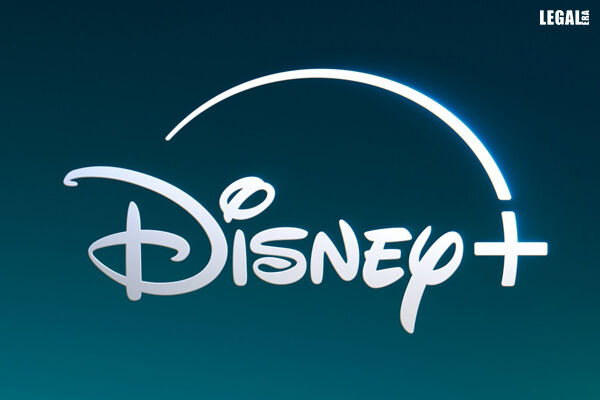
The Landmark Intellectual Property Case Between Morgan & Morgan And Disney Highlights Complex Issues Surrounding Expired Copyrights And Ongoing Trademark Enforcement
“Morgan & Morgan files federal lawsuit against Disney seeking permission to use “Steamboat Willie” animation style in their latest advertising campaign without infringing intellectual property rights”
Morgan & Morgan, one of the largest personal injury law firms in the United States, has filed a lawsuit against Disney in federal court in Orlando, Florida. The firm seeks judicial clarification regarding its proposed use of the iconic animated short “Steamboat Willie” in a commercial advertisement, asserting that such usage does not infringe upon Disney’s intellectual property rights. The case raises significant questions about the evolving boundaries of copyright and trademark protections for legacy entertainment properties.
Background and Context
“Steamboat Willie,” originally released in 1928, is widely recognized as a landmark in animation history, featuring the first public appearances of Disney’s legendary characters Mickey and Minnie Mouse. While Disney’s copyright on “Steamboat Willie” officially expired last year, the company maintains ownership of related trademarks. This distinction forms the crux of the dispute, as Morgan & Morgan seeks to incorporate elements reminiscent of the film in its advertisement without violating those trademark rights.
Details of the Dispute
Morgan & Morgan’s complaint stems from Disney’s refusal to provide explicit confirmation regarding potential objections to the firm’s proposed commercial. The advertisement in question portrays a scene styled after “Steamboat Willie,” wherein Minnie Mouse calls Morgan & Morgan following an accident caused by Mickey Mouse crashing a boat into her vehicle. To mitigate potential confusion, the ad features a disclaimer clearly stating that it is neither approved by nor associated with Disney. The law firm contends that Disney’s reluctance to address the matter directly compelled them to seek a court ruling. Notably, Morgan & Morgan cites Disney’s rigorous history of enforcing its intellectual property rights as justification for its proactive legal stance, referencing a recent trademark lawsuit Disney filed over “Steamboat Willie” themed jewellery.
Morgan & Morgan’s Marketing Strategy
Based in Orlando, Florida, Morgan & Morgan is widely recognized for its extensive and aggressive marketing efforts. According to data from the American Tort Reform Association, the firm accounted for more than 9% of all legal services advertising expenditure in the United States last year, investing over $218 million in advertisements. This high-profile lawsuit aligns with the firm’s broader strategy to leverage distinctive advertising approaches to maintain and enhance its national presence.
Legal Proceedings and Requests
Morgan & Morgan has formally petitioned the U.S. District Court for the Middle District of Florida for a declaratory judgment affirming that its “Steamboat Willie” inspired advertisement does not infringe Disney’s intellectual property rights. Furthermore, the firm seeks to prevent Disney from initiating any future legal actions against it based on the advertisement. The case, officially captioned Morgan Global PLLC v. Disney Enterprises Inc, is currently pending, with no immediate response from Disney’s legal representatives or official spokespersons. The law firm is represented by Damien Prosser, while Disney’s attorney details have yet to be disclosed.
Implications and Outlook
This lawsuit highlights the complexities surrounding intellectual property law, particularly as it pertains to the interplay between expired copyrights and ongoing trademark protections. The resolution of this case may establish important precedents for how companies can utilize classic, culturally significant works that have entered the public domain while respecting surviving trademarks. Given Disney’s prominent role in aggressively defending its intellectual property, the court’s ruling will be closely watched by legal experts, marketers, and entertainment industry stakeholders alike. The outcome could influence future advertising practices and intellectual property enforcement strategies within the broader commercial landscape.